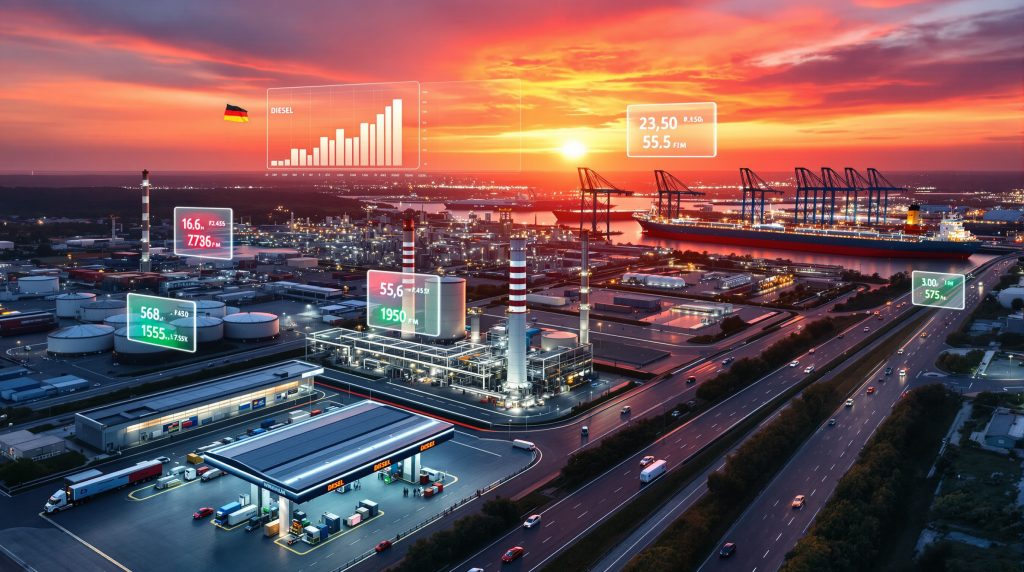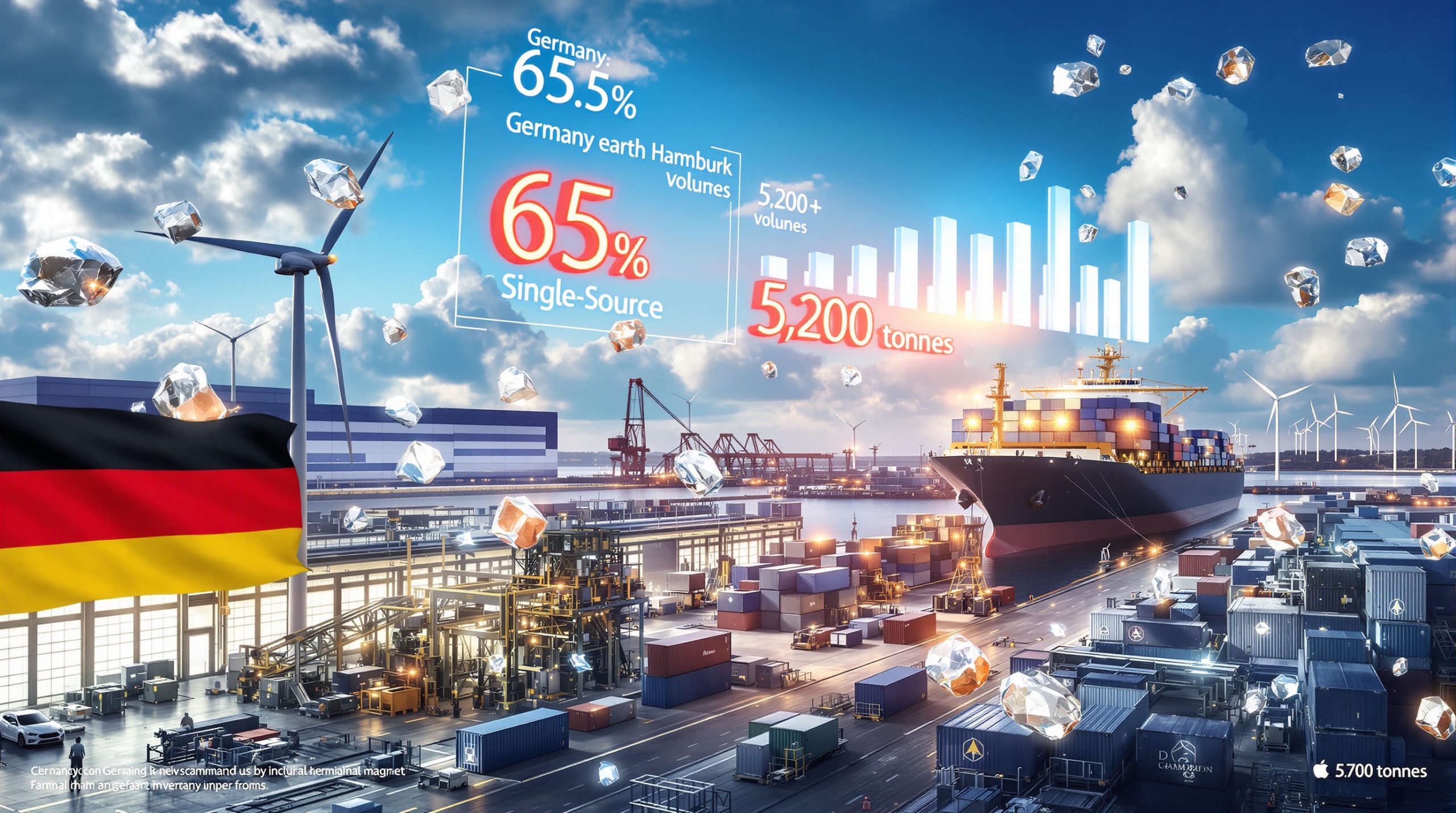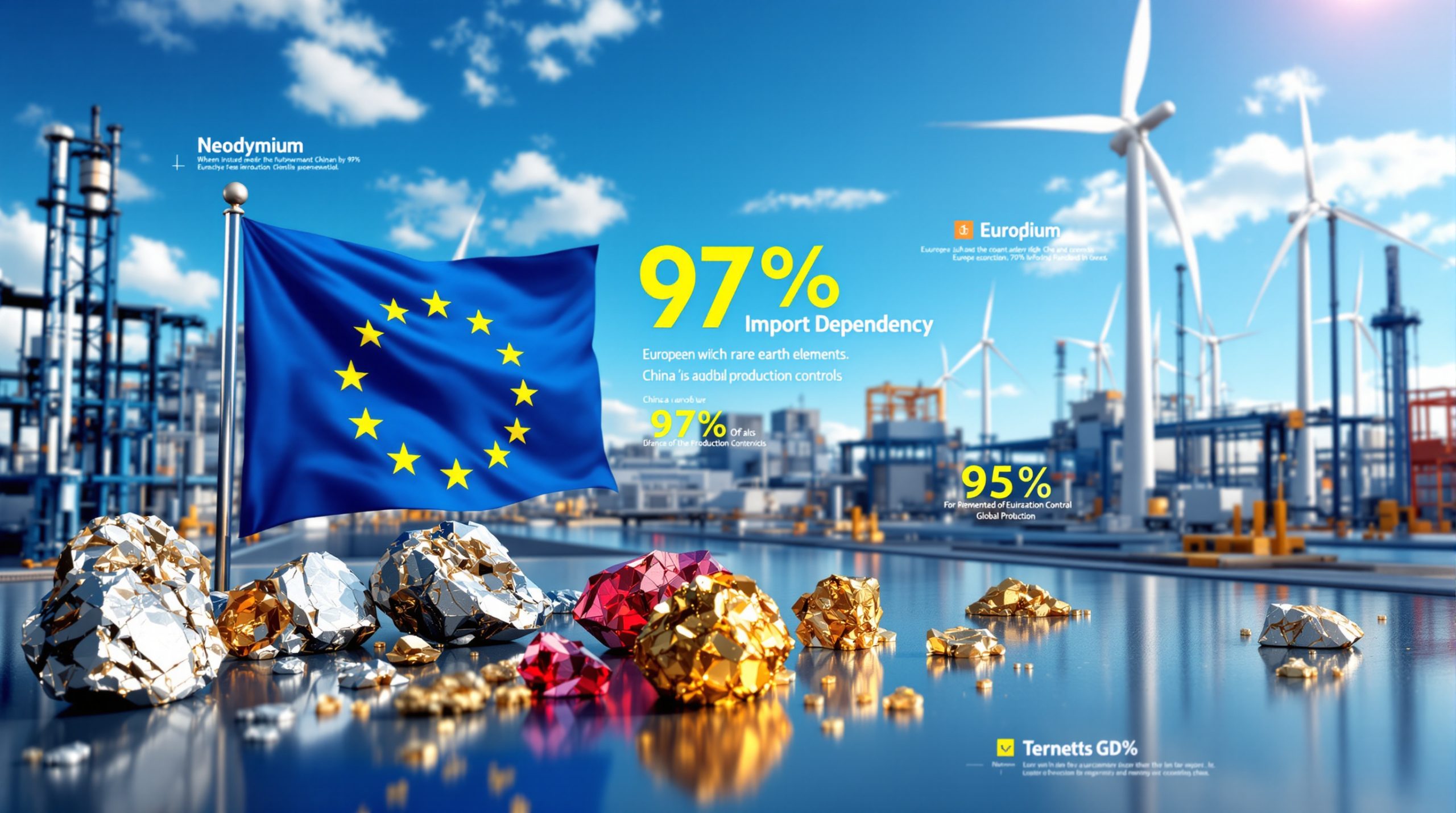How International Energy Sanctions Are Reshaping German Fuel Markets
European energy markets experienced unprecedented volatility in late October 2025 when comprehensive sanctions targeting major Russian petroleum corporations triggered a fundamental restructuring of diesel supply chains across Germany. German diesel prices rise on sanctions has become a defining trend, fundamentally altering fuel procurement strategies and consumer pricing structures across Europe's largest economy.
The sanctions framework announced by Washington on October 22, 2025, specifically targeted Russian energy giants Rosneft and Lukoil, creating immediate disruptions in global petroleum trading networks. This regulatory intervention has forced German fuel distributors to rapidly diversify their supply sources while managing elevated procurement costs that are being passed through to consumers.
Market Response to Sanctions Implementation
ICE Gasoil futures contracts experienced sharp price increases within hours of the sanctions announcement, reflecting traders' immediate concerns about supply chain disruptions. The futures market response demonstrated how quickly geopolitical developments can translate into tangible price pressures across European energy markets.
Timeline of Market Events:
- October 22, 2025: US announces expanded sanctions against Russian energy firms
- October 23-24, 2025: Middle-distillate prices surge across European markets
- October 27, 2025: Sustained price elevation continues affecting retail networks
The rapid price escalation reflects market participants' assessment that global refiners would avoid Russian crude supplies to prevent potential secondary sanctions exposure. This risk-averse behavior has intensified competition for non-Russian petroleum sources, creating a premium pricing environment that directly impacts German consumers. Furthermore, oil price movements continue to be influenced by broader global trade tensions.
Record-Breaking Import Pattern Shifts
Germany's response to supply disruptions has involved a dramatic pivot toward North American diesel sources, with October 2025 marking a significant milestone in transatlantic energy trade.
| Import Source | October 2025 Volume (b/d) | Share of Total Imports | Previous Peak |
|---|---|---|---|
| US Diesel | 68,200 | 73% | October 2024: 58,400 b/d |
| Other Sources | 25,300 | 27% | Various suppliers |
This unprecedented import volume represents the highest level of US diesel deliveries to northern German ports in over two years. The concentration of imports through northern terminals has necessitated enhanced logistics coordination and expanded storage utilization to accommodate the increased transatlantic shipment volumes.
Supply Chain Reconfiguration
The shift toward North American suppliers has required German fuel distributors to adapt their infrastructure and logistics networks. Northern German ports have become critical entry points for these alternative supplies, with enhanced terminal capacity being utilised to manage the increased import volumes.
This geographic redistribution of supply sources has created new dependencies on transatlantic shipping routes, potentially exposing German markets to different types of supply risks including weather-related delays and ocean freight rate volatility. Consequently, the energy security implications of this shift are becoming increasingly apparent to policymakers.
Refiner Risk Management Strategies
The global refining sector's cautious approach to Russian crude procurement extends beyond direct sanctions compliance, reflecting broader concerns about regulatory exposure and reputational risks. For instance, many refiners are now implementing enhanced due diligence procedures to navigate the complex sanctions landscape.
Regional Refining Response Patterns:
- Indian facilities: Implementing enhanced due diligence procedures
- Chinese processors: Evaluating compliance framework requirements
- Turkish refiners: Adjusting crude slate compositions to reduce exposure
The emergence of a compliance premium in crude markets has fundamentally altered cost calculations for refiners, who now prioritise regulatory safety over traditional cost optimisation strategies.
This shift in refiner behavior has created sustained upward pressure on non-Russian crude prices, as increased demand for alternative supplies outpaces immediate availability. The resulting price premium reflects the cost of regulatory certainty in an increasingly complex sanctions environment.
Consumer Demand Elasticity Analysis
Despite significant price increases, German consumer behaviour has demonstrated notable sensitivity to fuel cost fluctuations, with purchasing patterns adjusting in response to elevated pricing levels.
Market Volume Indicators:
- Spot market activity: Decreased during peak price periods
- End-user purchasing: Strategic timing adjustments observed
- Commercial demand: Inventory management optimisation increased
Industry data indicates that higher prices did not immediately stimulate increased purchasing activity among end-users. Instead, spot market volumes actually declined during the week of most significant price increases, suggesting consumers and commercial buyers adopted wait-and-see strategies. Moreover, sanctions-related impacts have created uncertainty among market participants.
Price-Volume Relationship Dynamics
The inverse correlation between price spikes and immediate demand reflects sophisticated market behaviour among German fuel consumers. This elasticity suggests that further price increases could lead to additional demand destruction, potentially moderating some upward price pressure over time.
Historical Price Context
Current diesel pricing levels represent significant departures from pre-sanctions benchmarks, with various market segments experiencing different degrees of impact. However, the situation where german diesel prices rise on sanctions follows historical patterns observed during previous geopolitical disruptions.
| Price Component | Pre-Sanctions Baseline | Current Level | Percentage Change |
|---|---|---|---|
| Wholesale Diesel | Reference Point | Elevated | +15-20% |
| Distribution Margins | Stable | Compressed | -2-3% |
| Retail Consumer Price | Historical Average | Increased | +12-18% |
The compression of distribution margins indicates that fuel retailers are absorbing some of the wholesale price increases rather than passing the full impact through to consumers. This margin compression may not be sustainable if wholesale price elevations persist over extended periods.
European Energy Security Implications
The current situation has exposed fundamental vulnerabilities in European energy infrastructure, accelerating discussions about supply chain resilience and strategic energy independence. In addition, the OPEC production impact on global markets continues to influence pricing dynamics.
Strategic Dependency Assessment:
- Import reliance: Germany's continued dependence on external fuel sources
- Infrastructure limitations: Existing terminal and storage capacity constraints
- Alternative routes: Development of non-traditional supply corridors
Policy Response Framework
European policymakers are reassessing strategic petroleum reserve policies and exploring accelerated renewable energy transition initiatives. Enhanced transatlantic energy cooperation agreements are being prioritised to strengthen alternative supply relationships.
The crisis has also highlighted the strategic importance of domestic refining capacity and the risks associated with over-reliance on imported refined products. This assessment is driving renewed interest in maintaining and potentially expanding European refining capabilities. Furthermore, the Alaska drilling policy changes in the US may affect future supply arrangements.
Sectoral Impact Variations
Different economic sectors are experiencing varying degrees of exposure to fuel price volatility, with some facing more severe margin pressures than others.
High-Impact Sectors:
- Transportation industry: Fleet operators experiencing significant cost increases
- Agricultural sector: Seasonal operations affected by timing and cost pressures
- Industrial heating: Commercial facilities adjusting consumption patterns
Regional Variation Patterns:
- Northern Germany: Higher exposure to import price fluctuations
- Southern regions: Different supply chain dependencies and cost structures
- Urban vs. rural areas: Varying distribution cost impacts and consumer responses
Market Outlook and Adaptation Strategies
Industry analysis suggests sustained price premiums are likely through the first half of 2026, with gradual normalisation dependent on successful supply chain adaptation and geopolitical stability. Consequently, the pattern where german diesel prices rise on sanctions may persist for several months.
Short-term Projections (6 Months)
Market participants should anticipate continued elevated pricing environments with potential seasonal demand adjustments. Supply chain optimisation efforts are expected to gradually improve efficiency and reduce some cost pressures.
Medium-term Strategic Considerations
Infrastructure investment requirements are becoming more apparent as market participants assess long-term supply security. Alternative energy adoption may accelerate as organisations seek to reduce exposure to volatile fuel markets.
Industry forecasts project sustained price premiums continuing into Q2 2026, with normalisation timelines heavily dependent on global supply chain adaptation success and broader geopolitical developments.
Adaptation Strategies for Market Participants
Both consumers and businesses are implementing various strategies to manage higher fuel costs and reduce exposure to continued price volatility.
Consumer Adaptation Methods:
- Strategic purchasing: Timing fuel purchases during temporary price dips
- Efficiency improvements: Enhanced vehicle maintenance and optimised driving patterns
- Modal shifts: Increased utilisation of public transportation alternatives
Business Risk Management:
- Financial hedging: Implementing commodity price risk management tools
- Operational optimisation: Route efficiency improvements and inventory management
- Technology adoption: Investment in fuel-efficient equipment and alternative energy systems
Energy Independence and Future Planning
The current crisis has accelerated European discussions about energy sovereignty and the strategic importance of domestic energy production capabilities. As german diesel prices rise on sanctions becomes a recurring theme, long-term planning becomes increasingly critical.
Investment Priority Shifts
Clean energy technology funding is experiencing increased prioritisation as organisations seek to reduce long-term exposure to volatile fossil fuel markets. Traditional energy infrastructure modernisation is also receiving renewed attention to improve efficiency and reduce import dependencies.
Policy Development Focus Areas:
- Renewable infrastructure: Accelerated deployment of alternative energy systems
- Strategic reserves: Enhanced capacity for emergency supply management
- International cooperation: Strengthened partnerships with reliable energy suppliers
The current market disruption is likely to have lasting effects on European energy policy and infrastructure development priorities. Organisations across multiple sectors are reassessing their long-term energy strategies to build greater resilience against future supply chain disruptions.
Disclaimer: This analysis is based on market data and industry observations current as of late October 2025. Energy market conditions are subject to rapid changes due to geopolitical developments, regulatory changes, and supply-demand dynamics. Readers should consult current market data and professional advisors when making business or investment decisions related to energy markets.
Looking to Capitalise on Energy Market Volatility?
Discovery Alert's proprietary Discovery IQ model provides instant notifications on significant ASX mineral discoveries, including critical energy transition minerals that are increasingly valuable during global supply chain disruptions. Stay ahead of market opportunities by accessing real-time discovery alerts that transform complex geological data into actionable investment insights.




